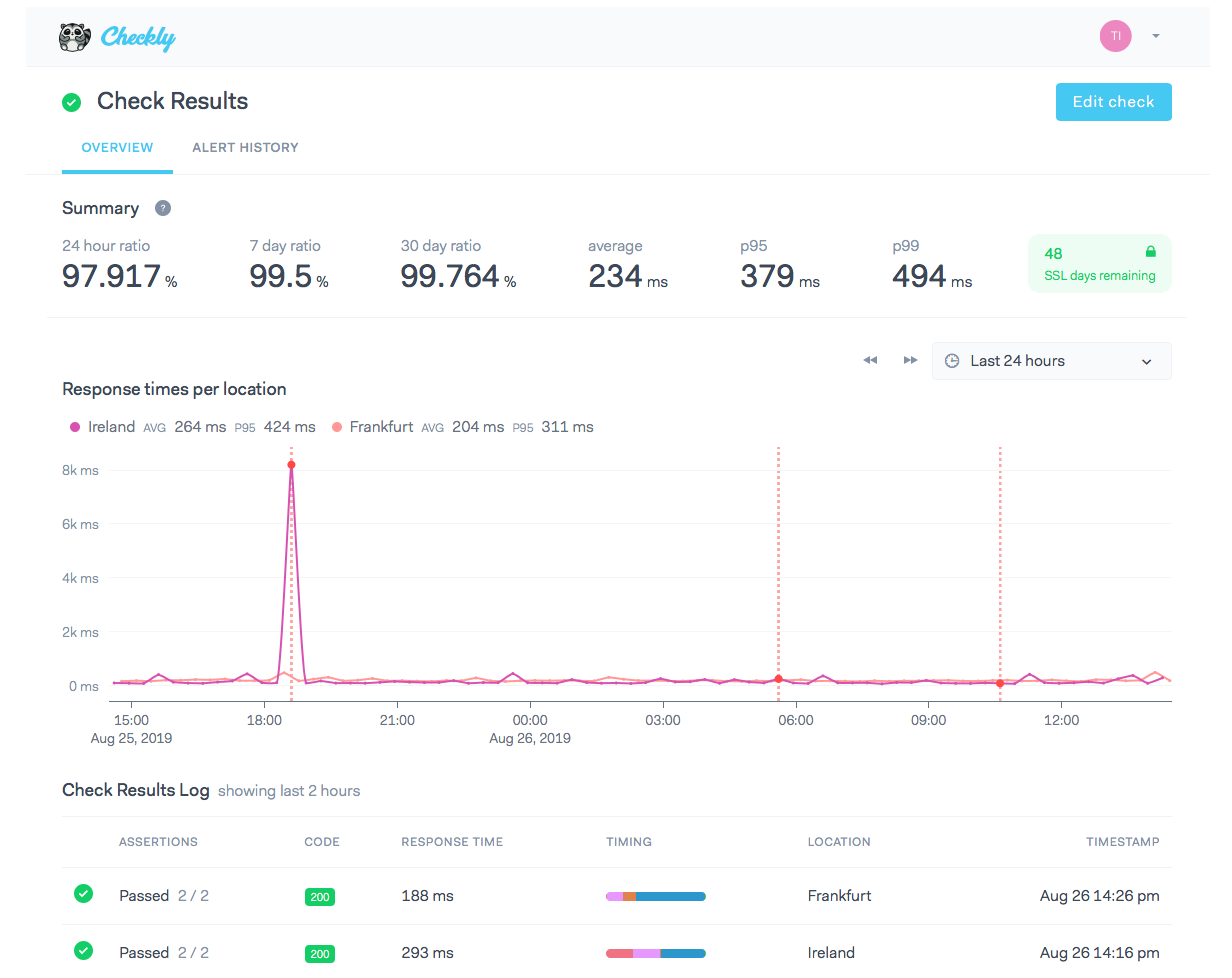While human travel has become severely restricted in recent months, the movement of goods has remained a constant priority — and in some cases, has become even more urgent. Today, a startup out of Switzerland that builds hardware and operates a logistics network designed to transport one item in particular — pharmaceuticals — is announcing a significant round to fuel its growth.
SkyCell — a designer of “smart containters” powered by software to maintain constant conditions for drugs that need to be kept at strict temperatures, humidity levels, and levels of vibration, which are in turn used to transport pharmaceuticals around the globe on behalf of drug companies — is today announcing. that it has raised $62 million in growth funding.
This latest round is being led by healthcare investor MVM Partners, with participation also from family offices, a Swiss insurance company that declined to be named, as well as previous investors the Swiss Entrepreneurs Fund (managed by Credit Suisse and UBS), and the BCGE Bank’s growth fund.
The company was founded in 2012 Switzerland when Richard Ettl and Nico Ros were tasked to design a storage facility for one of the big Swiss pharma giants. The exec charged with overseeing the project brainstormed that the work they were putting in could potentially be applied to transportation containers, and thus SkyCell was born.
Today, Ettl (who is the CEO, while Ros is the CTO), said in an interview that the company now works with eight of the world’s biggest pharmaceutical companies and has been in validation trials with a further seven. These use SkyCell’s network of some 22,000 air freight pallets to move their products around the world.
The new capital will be used to expand that reach further, specifically in the U.S. and Asia, and to double its fleet to become the biggest pharmaceutical transportation company globally. With 30 of the 50 biggest-selling drugs in the world being temperature sensitive (and some generics for one of the biggest-selling, the arthritis medication Humira, now also coming out), this makes for a huge opportunity.
And unsurprisingly, several of SkyCell’s customers are working on COVID-19 medications, Ettl said, either to help ease symptoms or potentially to vaccinate or eradicate the virus, and so it’s standing at the ready to play a role in getting drugs to where they need to be.
“We are well positioned in case there is a vaccine developed. Out of the six pharma companies developing these right now, four of them are our customers, so there is a high likelihood we would transport something,” Ettl said.
For now, he said SkyCell has been involved in helping to transport “supportive” medications related to the outbreak, such as flu shots to make sure people are not falling ill with other viral infections at the same time.
SkyCell is not disclosing its valuation but we understand that it’s in the many hundreds of millions of dollars. The company had raised some $36 million in equity and debt before this, bringing the total outside funding now to $98 million.
In a market that’s estimated to be worth some $2.8 billion annually and growing at a rate of between 15% and 20% each year, there are a number of freight businesses that focus on the transportation of pharmaceuticals. They include not only freight companies but airlines themselves, which often buy in containers from third parties. (And for some more context, one of its competitors, Envirotainer, was acquired for over $1 billion in 2918; while another, CSafe, has raised significantly more funding.)
But there was virtually no innovation in the market, and most pharmaceutical companies factored in failure rates of between 4% and 12% depending on where the drugs were headed.
One key differentiator with SkyCell has been its containers, which are able to withstand temperatures as high as 60 degrees Celsius or as low as negative 10 degrees Celsius, and have tracking on them to better monitor their movements from A to B.
These came to the market at a time when incumbents were only able to (and some still are only able to) guarantee insulation for temperatures as high as 40 degrees, which was not as pressing an issue in the past as it is today, in part because of rising temperatures around the globe, and in part because of the growing sophistication of pharmaceuticals.
“We’ve found that the number of days where [one has to consider] temperature extremes has been going up,” Ettl said. “Last year, we had 30 days where it was warmer than 40 degrees Celsius across our network of countries.”
On top of the containers themselves, SkyCell has built a software platform that taps into the kind of big data analytics that are now part and parcel of how modern companies in the logistics industry work today, in order to optimise movement and best routing for packages.
The conditions it considers include not only the obvious ones around temperature, humidity and vibration, but distance and time of travel, as well as overall carbon emissions. SkyCell claims that its failure rate comes out at less than 0.1%, with CO2 emissions reduced by almost half on a typical shipment.
Together, the hardware and software are covered by some 100 patents, the company says.









